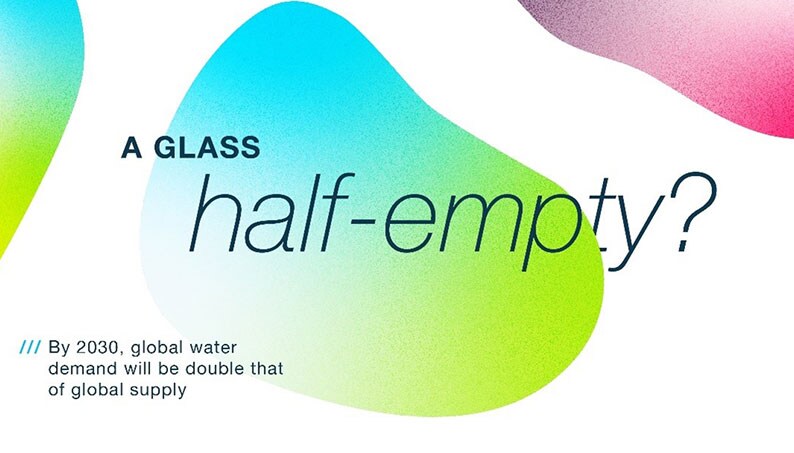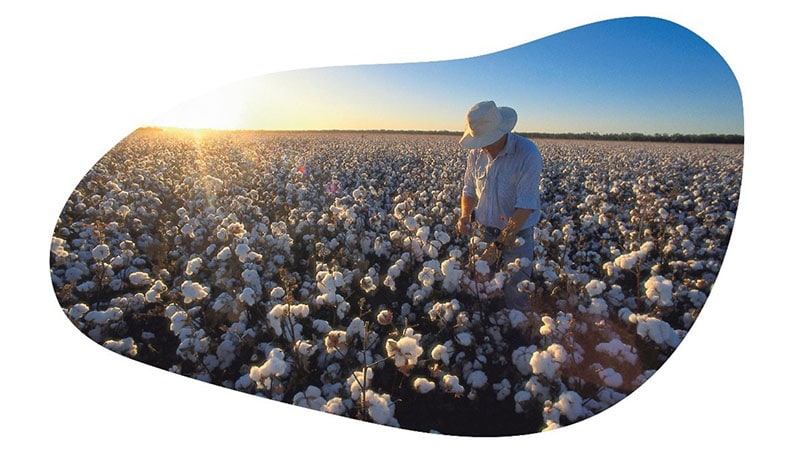30 years of cotton innovation to conserve our world’s fresh water
Water is the foundation of all life as we know it. In fact, water makes us who we are in many ways, and how humanity interacts with this precious natural resource is becoming increasingly important. That’s because water-related challenges are worsening and becoming more urgent around the world. By 2025, 40% of the global population is projected to live in water-stressed areas. Unfortunately, that trajectory means that more communities around the world will experience floods, droughts, hunger, and biodiversity loss with more frequency—and heightened severity.

But this future isn’t set in stone. Agriculture is emerging as a powerful course correction through which we can collectively transform and help heal humanity’s relationship with water. In particular, advancements in cotton production are making an incredible impact in addressing our world’s worsening water challenges. Because cotton is the most water-intensive commodity crop worldwide, every small step forward in reducing its water footprint makes a massive difference. That’s why Bayer has been leading the way to address our global water challenges by prioritising new innovations for cotton growers across Australia.
Why water matters
Water plays a far greater role in our daily lives than we might think. In addition to being a vital source of hydration, water is essential for thriving ecosystems that support farmers’ crops. It’s also necessary for practising everyday hygiene, a fundamental step in global disease prevention. But the amount of water that we drink and use every day pales in comparison to the volumes of “invisible water” we indirectly consume through the food we eat, the clothes we wear and the products we buy. That’s because it takes water to produce, manufacture and distribute every product and service we rely on.
Seeing Invisible Water
Explore the hidden amounts of water required to produce some of the products we may encounter on a daily basis.








